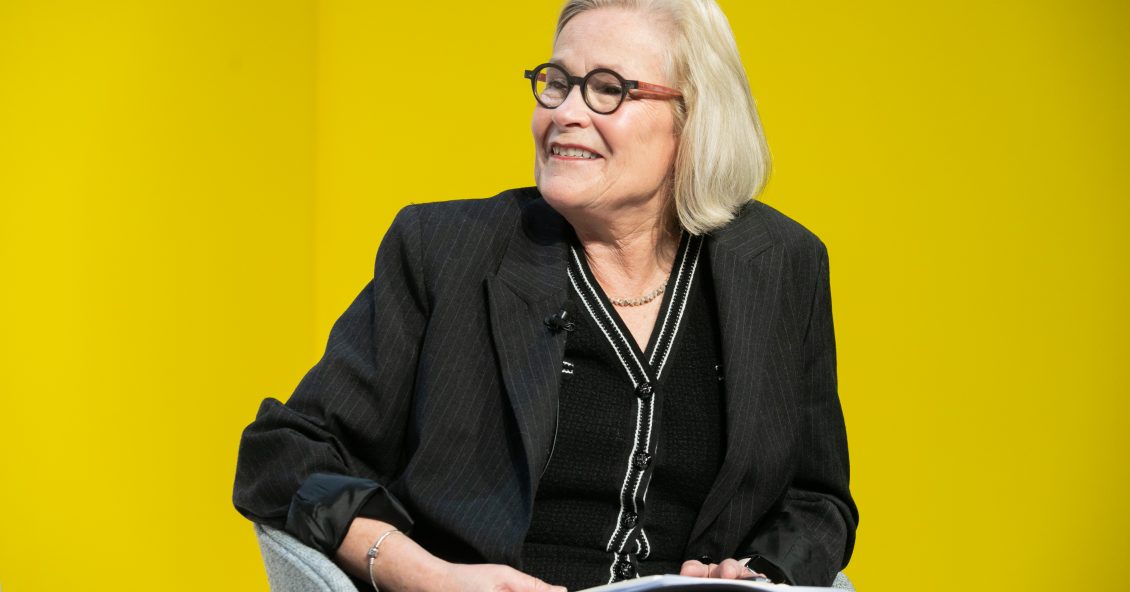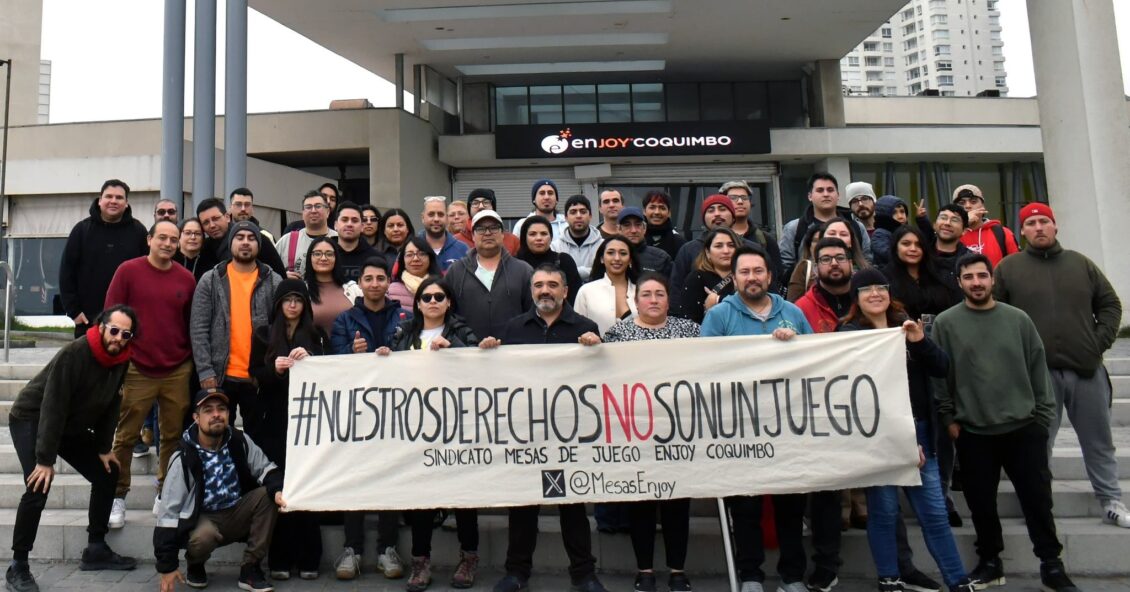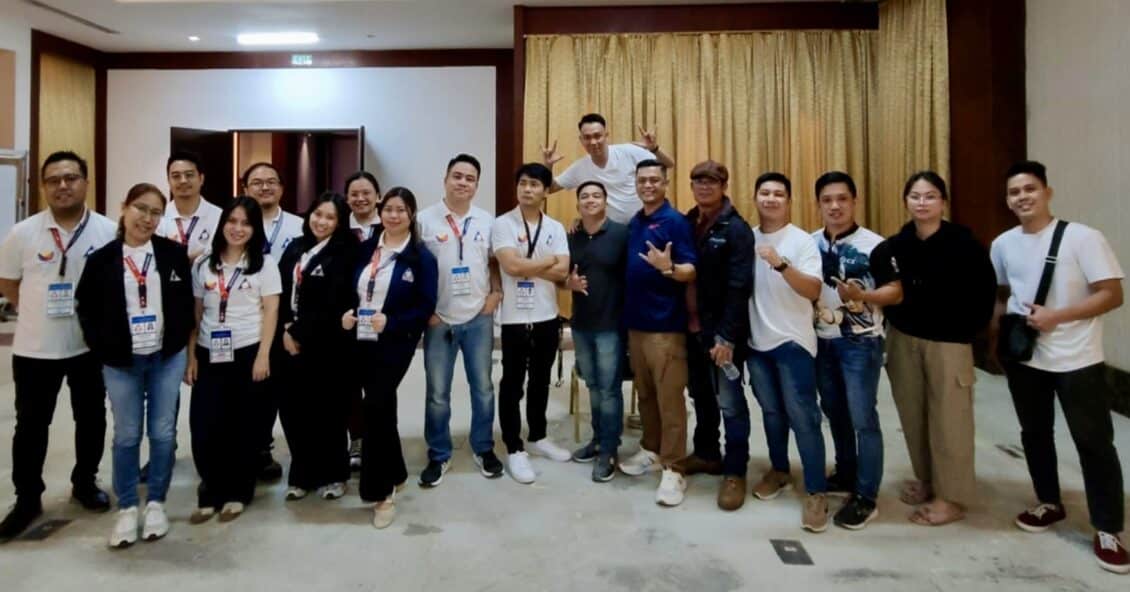AI in the Workplace: UNI’s Hoffman at OECD to call for collective bargaining over tech
15.04.24
During an OECD consultation on the use of AI in the labour market, UNI Global Union General Secretary Christy Hoffman emphasized the urgency of collective bargaining to safeguard workers’ rights amid the rapid use of AI technologies.
The aim of the 10 April meeting of the Directorate of the Employment, Labour and Social Affairs Committee was to further identify AI’s key opportunities and risks in the labour market as well as to discuss policy directions to promote a trustworthy use of the technology. Hoffman noted that the benefits of AI are unlikely to reach workers unless they are actively involved in shaping how it is used in their jobs.
“Workers will not see the upsides of AI – and there are plenty – unless they are at the bargaining table to tackle the potential harms,” she said. Hoffman highlighted the essential role of unions in advocating for safe work environments, limiting invasive workplace monitoring, ensuring fair disciplinary practices, securing equitable compensation, and facilitating retraining programs for an AI-adapted future.
Hoffman noted that many employees are already feeling the effects of AI. Companies have widely deployed generative AI in customer service settings and among the creatives of the media sector such as screenwriters. These workers are on the front lines are organizing and bargaining around this technology. Additionally, unions have proven to be a shield against the physical and mental strain caused by AI-enhanced algorithmic management, which can create punishing production rates through constant surveillance and evaluation.
Drawing on her own experiences as a factory worker during an earlier era of automation, Hoffman conveyed a decades-long perspective on how unions can take on technology’s challenges for workers.
“There is a long tradition of reaching joint agreements in all of these areas technology touches,” she said. “The problem is not a lack of skill or knowledge. We know how to do it. The main obstacle is, simply put, too few workers are covered by collective bargaining agreements, especially too few among those likely to be affected by AI.”
Hoffman called for breaking down the barriers to collective bargaining, including the expansion of sectoral bargaining and eliminating obstacles to organizing.
A bright future is possible, including economic growth which could benefit all,” she said. “But this will only happen when workers are empowered and have a voice.”
News


